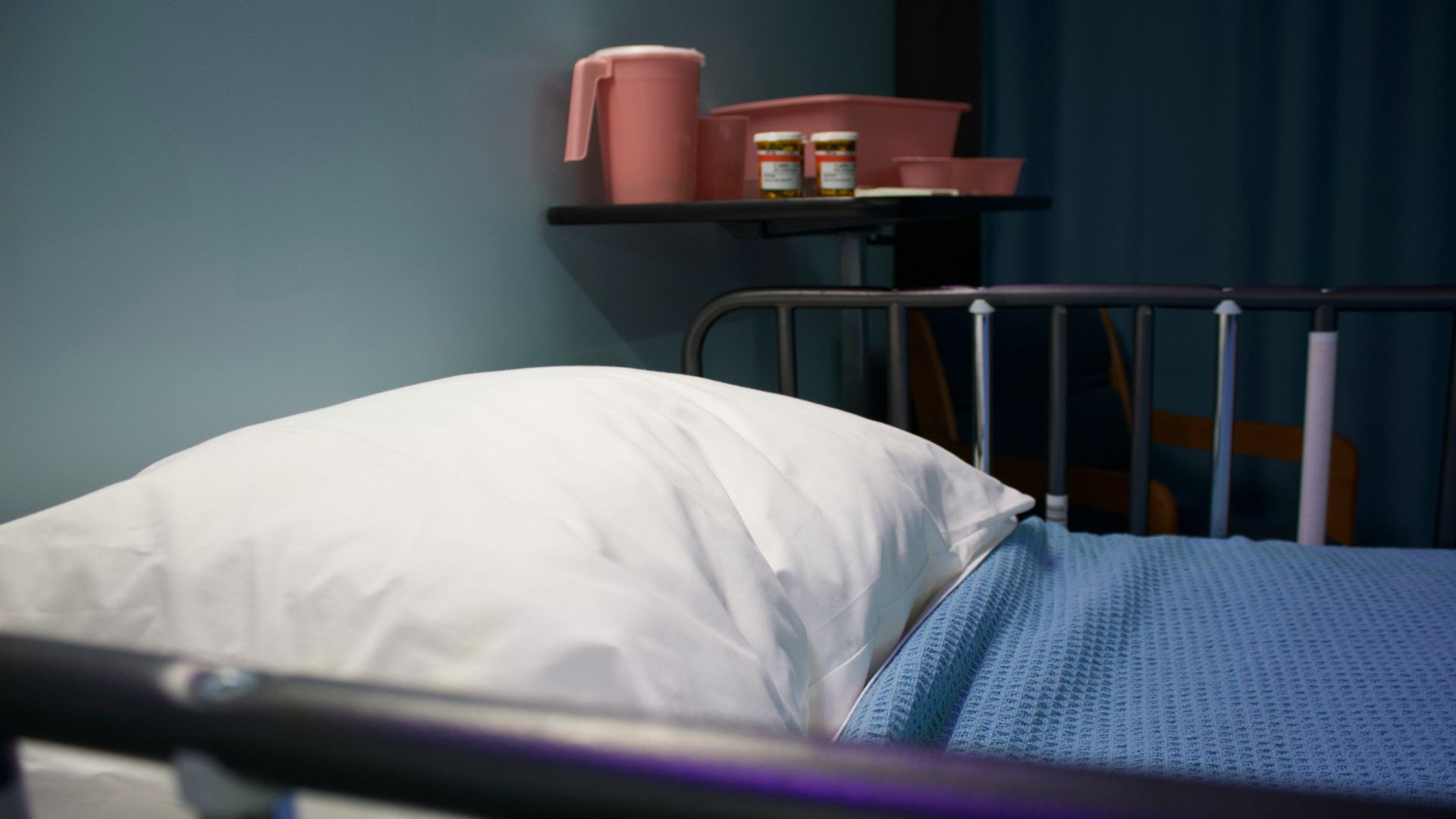Assembly Bill 977, proposed by Assemblyman Freddie Rodriguez, aims to increase penalties for those who assault healthcare workers in California.
The bill has sparked a heated debate among lawmakers, highlighting the tension between protecting healthcare workers and avoiding increased incarceration rates. Rodriguez believes stronger penalties are essential for safeguarding those on the front lines.
Freddie Rodriguez’s Personal Connection

Freddie Rodriguez, with 30 years as an emergency medical technician, introduced AB 977. He’s witnessed many assaults on healthcare workers, including a recent attack on his daughter, Desirae, a respiratory technician.
“This violence is unacceptable,” Rodriguez said, emphasizing that healthcare professionals often view workplace violence as an inevitable part of their jobs.
Current Laws and Proposed Changes

Under current laws, assaulting a healthcare worker is punishable, but AB 977 seeks to impose harsher penalties, including up to a year in jail.
Rodriguez argues that existing penalties are insufficient to deter violence against healthcare workers. The proposed bill aims to ensure that offenders face more significant consequences for their actions.
Opposition from Progressive Democrats

Progressive Democrats, including Senators Scott Wiener and Nancy Skinner, oppose AB 977. They argue that increasing penalties does not deter crime and could exacerbate California’s prison overcrowding.
Skinner stated, “Punishments like this are not deterrents for people who can use no judgment,” referring to individuals experiencing mental health crises.
Historical Context and Previous Veto

Former Governor Jerry Brown vetoed a similar bill in 2015, expressing doubts about its effectiveness.
Brown argued, “If there were evidence that an additional six months in county jail… would enhance the safety of these workers or serve as a deterrent, I would sign this bill.” His veto highlighted the ongoing debate about the efficacy of harsher penalties.
Impact on Mental Health Patients

Opponents highlight that many ER assaults stem from mental health crises. Senator Skinner emphasized, “ERs are where people having a mental health crisis are brought, and punitive measures are not effective for these individuals.”
This perspective underscores the need for more mental health resources rather than stricter penalties.
Abstention in the Assembly

When AB 977 passed the Assembly, 12 members, mostly progressive Democrats, abstained from voting. This practice allows lawmakers to avoid taking a clear stance on controversial issues.
In a roundabout way, abstention typically counts as a “no” vote and reflects the hesitancy to increase incarceration rates despite the bill’s intent to protect healthcare workers.
Support from the California Medical Association

Despite opposition, the California Medical Association supports AB 977, representing the state’s physicians. The association believes the bill is necessary to protect healthcare workers from violence.
Their support highlights a significant divide between medical professionals and progressive lawmakers on how best to ensure workplace safety.
Personal Testimonies from Supporters

Republican Senator Kelly Seyarto, a former battalion chief with the Los Angeles County Fire Department, supports AB 977.
He shared a story of a nurse permanently disabled after an assault, stating, “She could never go back to work. And the person that did that, there was nothing mentally wrong with them.” Seyarto believes the legislation is long overdue.
The Senate Public Safety Committee Vote

AB 977 narrowly passed the Senate Public Safety Committee. Senator Scott Wiener cast the lone “no” vote, while Senator Nancy Skinner abstained, effectively counting as a “no.”
The close vote shows the contentious nature of the bill and the division among lawmakers regarding its potential impact.
The Future of AB 977

The future of AB 977 remains uncertain as it continues to face resistance from progressive lawmakers.
The debate centers on whether increasing penalties will effectively protect healthcare workers without worsening prison overcrowding. Proponents hope to convince enough lawmakers of the bill’s necessity for safeguarding frontline workers.
Tension and Implications

The tension surrounding AB 977 highlights broader issues in the criminal justice and healthcare systems. Balancing the protection of healthcare workers with addressing mental health crises is crucial for California’s future.
As the debate continues, finding solutions that ensure safety without over-relying on incarceration remains a significant challenge.








































